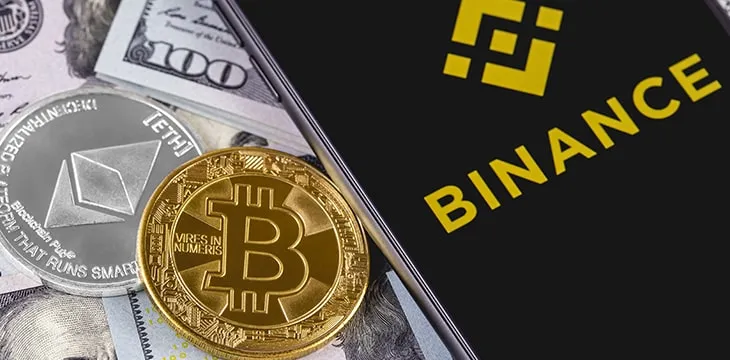|
Getting your Trinity Audio player ready...
|
Binance is again in the crosshairs of a regulator, this time in South America. Banco Central del Uruguay (BCU) has summoned the exchange over its offering of digital currency savings products without securing the licenses required to offer such products.
Binance has been a prime target for regulators globally, from Hong Kong to Germany, the United States to the Philippines. Meanwhile, a £9.9 billion class action lawsuit has also been filed against the exchange, along with Bittylicious, Kraken and Shapeshift, on behalf of BSV investors over the exchanges’ collective delisting of the digital asset.
In Uruguay, Binance has been advertising savings-focused financial products to its users without authorization from regulators and promising them determined rates of returns, Bloomberg Linea reports.
“The call to the general public for the application of their savings can only be done through financial intermediation institutions authorized to collect deposits in the market or as an issuer registered in the stock market registry,” the Uruguay central bank noted in its summon to the exchange.
BCU has ordered Binance to stop advertising these services.
In response to the warning, the exchange said it’s in talks with the regulator over registration. In an ever-so-Binance-like way, it claimed that it’s fully focused on compliance and understands that regulations are the only way to take the digital asset industry mainstream.
“Binance reinforces that it is leading the way globally in the development of the crypto and blockchain ecosystem, working collaboratively with regulators, legislators, governments, and law enforcement authorities to ensure the most secure environment.”
The statement is almost identical to several others that the exchange has issued in the past few years every time it’s caught in the wrong. It has claimed that it operates without licenses in several parts of the world because the local regulations aren’t robust enough to accommodate digital currencies, an explanation that regulators are now seeing right through.
Binance lost 90% of users after implementing KYC, exec says before CZ quickly denies it
Binance has been operating for most of its lifetime without adhering to KYC or AML controls is an open secret. However, in July 2021, it reduced the maximum amount of BTC that non-KYC’ed users can withdraw from 2BTC to 0.06BTC.
This move cost the exchange dearly and led to the loss of 90% of its user base, amounting to billions of dollars in lost revenue, a senior compliance executive told one news outlet.
“We have lost 90% of customers after implementing KYC, losing billions in revenue,” Tigran Gambaryan revealed.
Tigran and two other compliance officers from Binance were addressing recent reports that Binance has become the favorite platform for criminals to move digital assets. Reuters had earlier this year reported that the exchange processed $780 million for the Russian darknet market Hydra.
Hours later, CEO Changpeng “CZ” Zhao took to Twitter to discredit the report and claim that the exec’s figures were misquoted for clicks.
Follow CoinGeek’s Crypto Crime Cartel series, which delves into the stream of groups from BitMEX to Binance, Bitcoin.com, Blockstream, ShapeShift, Coinbase, Ripple,
Ethereum, FTX and Tether—who have co-opted the digital asset revolution and turned the industry into a minefield for naïve (and even experienced) players in the market.

 07-13-2025
07-13-2025 





